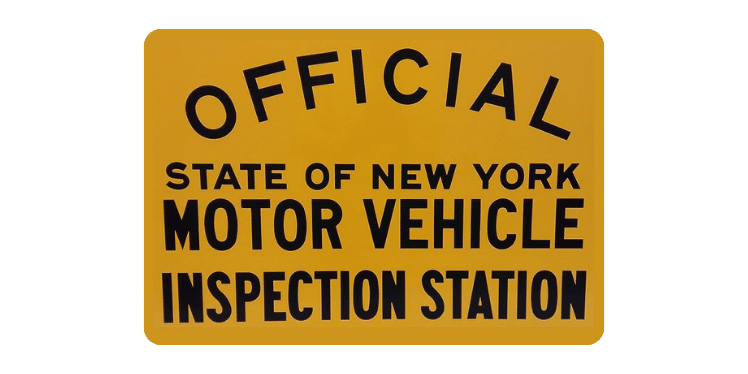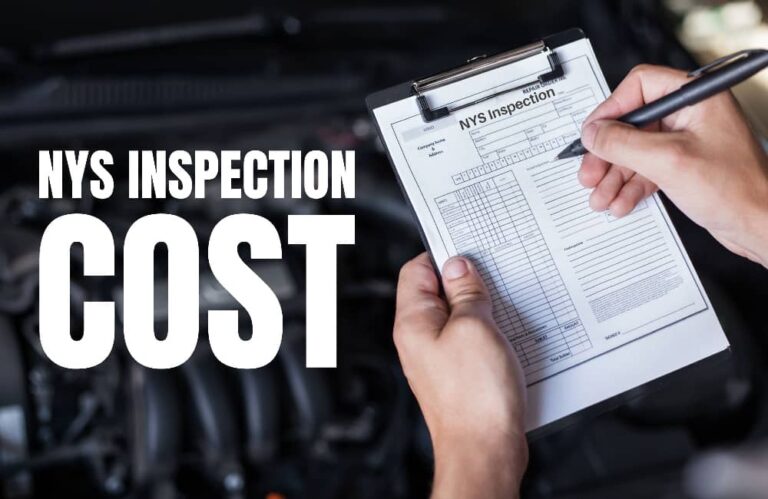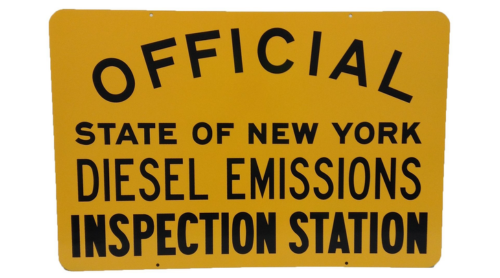Care to know more about a mini cooper?
Fun-sized yet functional, Mini Coopers are an excellent choice for both the automobile lover and the newbie searching for their first car. For over 60 years, they’ve been a household name. However, they’ve had their fair share of mishaps along the way. Some years have a mix of the good, the bad, and the cranky.
Let's take a look at some of the common problems with Mini Coopers and how to deal with them:
Common issues with first-generation Mini Coopers (2002-2006)
Issues with the power steering pump
Most models here are known for having issues with the power steering pump. It begins with the pump becoming noisy until the steering wheel becomes rigid, which could result in a complete loss of power steering. This could progress to an overheating pump. You should take it in for immediate repairs if you notice any of these symptoms.
Electrical problems caused by water leaks
A common issue several owners of the older Minis experienced. The 2002 Mini Coopers and the 2006 Cooper S had a particular propensity for this. There were complaints of water pooling on the floorboard and shorting out the cable harness. This would sometimes mess with the signal transmission.
Find and fix the water source. A trip to an auto repair shop can help with any issues it may have already caused.
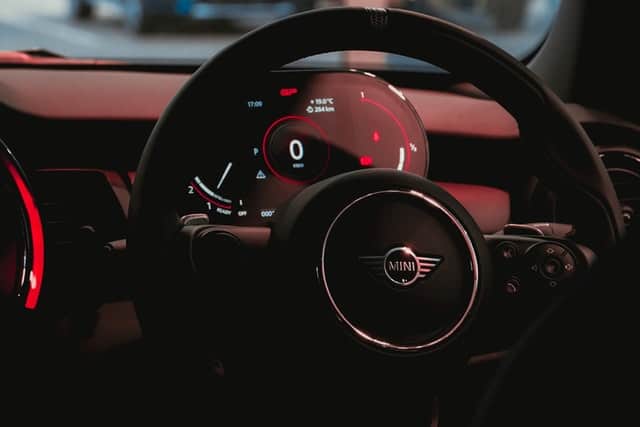
Transmission problems
With Mini Coopers, an unusual whining sound from the car typically points to transmission issues. Sometimes, it might even jerk and shudder, (particularly the 2004 model). These, with rough gear changes and issues with the engagement are often a result of the automatic transmission failure.
Without this system, a diesel engine car would not be able to run smoothly…or at all. A transmission system and the issue of transmission fluid in a Mini Cooper is quite complex, so let the experts handle this.
Common issues with the second-generation Mini Cooper (2007-2013)
Timing chain rattles
Over time, the timing chain could wear out and become slack, lacking appropriate tension. A rattling sound during a cold start is a clear sign of this. This often spells bad news for your engine. Don’t wait to hear the sound before you become rattled. Go in for preventative maintenance on your timing chain at least every 50k miles.
Issues with the oil levels
Once your Mini Cooper begins gulping oil, know there’s something wrong somewhere. Chances are high that it may be an oil leak or even a problem with the fuel injectors. Take a look at the underside of the engine for leaks. This will have to be fixed by a mechanic. Failure to do so could result in problems with the turbocharger system on the engine.
Cooling system leaks
The system is commonly made of plastic and includes the coolant ports and the thermostat housing. Over time, the plastic can become damaged, resulting in leaks. At the first sign of this, take the vehicle for auto repairs to prevent the engine from becoming overheated.
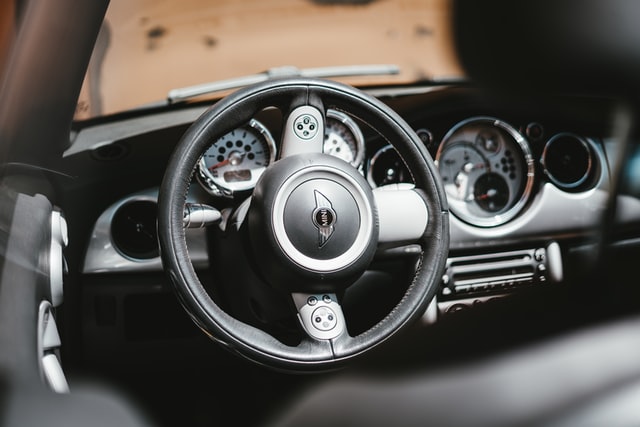
Clutch failure
This issue is also seen in some of the older generation Mini Coopers. Their manual transmissions probably have a huge role to play here. Frequent usage leads to wear and tear on the clutch. This can have serious consequences when you are driving and unable to shift gears smoothly.
Expert tip – Gear shifts that come with a burning smell is a sign of clutch issues.
Common problems with third-generation Mini Coopers (2014-Present)
Faulty wheel bearings
This isn’t very common in these models but there have been complaints that some had faulty bearings. This results in a constant and annoying sound while driving. Most times, a mechanic has to replace the bearings because finding and fixing a broken wheel bearing is a rather arduous task.
Before you write them off as having this issue, check to be sure that the sound isn’t caused by worn tires.
Transmission problems
Turns out the first-generation Minis aren’t the only ones with this problem. It even caused a recall of numerous 2014/2015 Mini Coopers. Fortunately, it was a recall to fix them with a simple reprogramming of the transmission computer.
We hope this has provided you with some valuable insights on Mini Coopers so far. In case you have more questions, we’ve come up with a list of some of the popular questions people have on Mini Coopers.

Read on!
How reliable is a Mini Cooper?
- Minis are fairly reliable. They have an average Reliability Index. Although, what they lack in reliability, they make up for in style and performance.
How often does a Mini Cooper require an oil change?
- Every 4k to 6k miles should suffice, unless it's leaking oil. In that case you need to get it to an auto repair shop ASAP for the leak to be fixed and the oil topped off.
How many miles can a Mini Cooper last?
- This depends on your driving style, how seriously you take preventative maintenance, servicing, and repair. Take good care of your Mini Cooper and it should last for well over 100k miles.
What year Mini Cooper is most reliable?
- With above-average reliability scores, the third-generation Minis, especially those from 2015 to 2019, are very reliable.

What should you know about buying a Mini Cooper?
- For starters, Minis are not cheap to maintain. They run on premium fuel and require standard oil. Also, not all auto repair shops can handle the service needs of a Mini Cooper. You may need to find one near you. If you find one that is well versed in Mini Cooper repairs for regular maintenance and repair, you can own a Mini with minimal hassle.
Why are Mini Cooper oil changes so expensive?
- Synthetic oil costs more than conventional oil and Minis require about 4.2 to 5 quarts of this. It doesn't help that new Mini Coopers with less than 6K miles on the engine often require more oil to run.
What does the EML mean on a Mini Cooper?
- Engine Management Light (EML) is common in vehicles with electronic drive-by-wire throttle control. It puts the engine in power-down mode to tell you that the cars’ diagnostics have sensed a problem with the engine.
How much does it cost to replace a Mini Cooper engine?
- The Mini Cooper factory warranty covers several things in the vehicle (including the engine) for four years or 50k miles. Without this warranty, you'd probably get a quote of over $5,000 for the engine and about $250 for the labor.
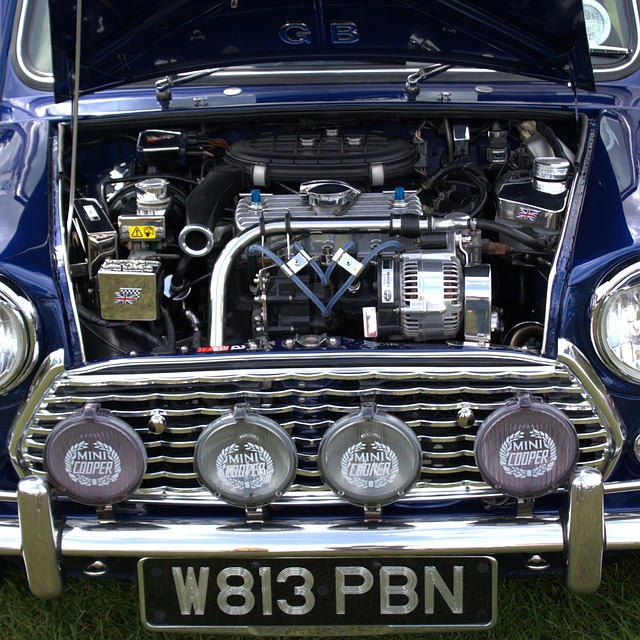
What does it mean when the Mini Cooper light comes on when turning?
- There's a high possibility the oil level is so low turning can slosh it away from the oil pump. Best to get it checked out and refilled ASAP.
What does EP mean on Mini Cooper?
- EP, Emergency Program, is the automobile’s mode when the CVT computer detects a fault with the transmission.
How many O2 sensors does a Mini Cooper have?
- There's a high possibility the oil level is so low turning can slosh it away from the oil pump. Best to get it checked out and refilled ASAP.
How expensive is it to repair a Mini Cooper?
- This depends on the issue, the auto repair shop, and your warranty. However, most Mini Coopers can cost up to $1,000 for repairs.
Where to get Mini Cooper service?
- Try calling a BMW dealership to see if they offer such services. Also, check for authorized repair service centers near you. Ultimately, Mini Coopers are excellent vehicles with a lot of options you can choose from. If you have one or if you intend to get one, your best bet to enjoy it is to maintain it properly. Find an ASE certified auto repair shop with qualified technicians who know the workings of a Mini for this task.
Now you’re an expert on Mini Coopers. Maybe you’d like to know more about red pickup trucks as well…


